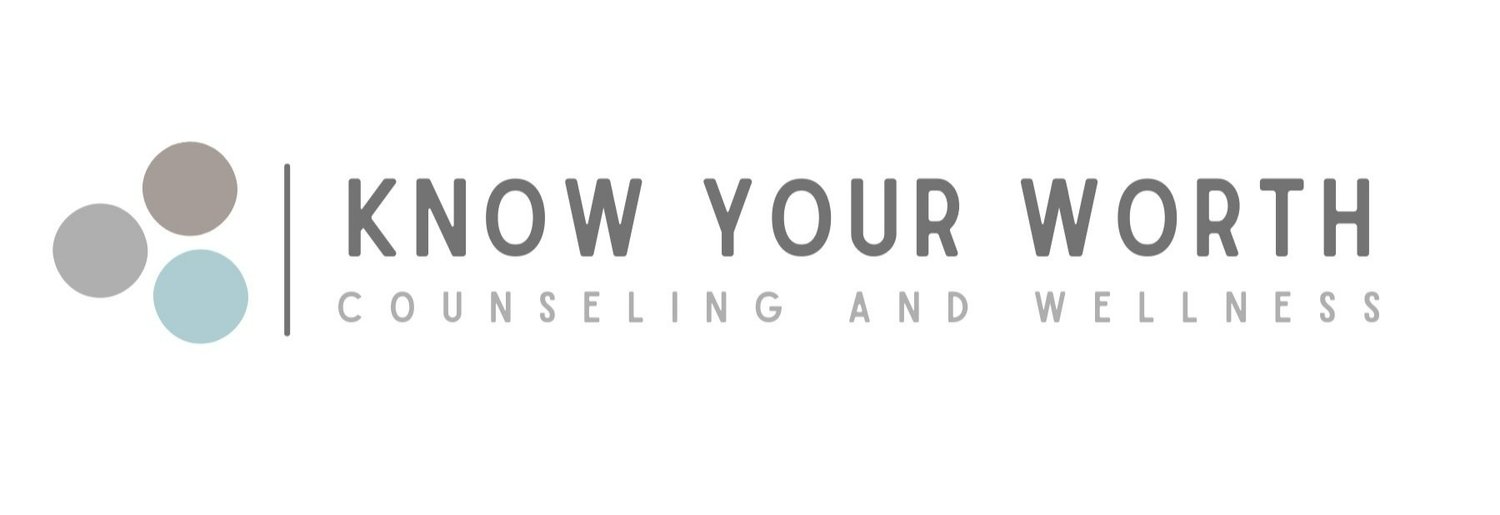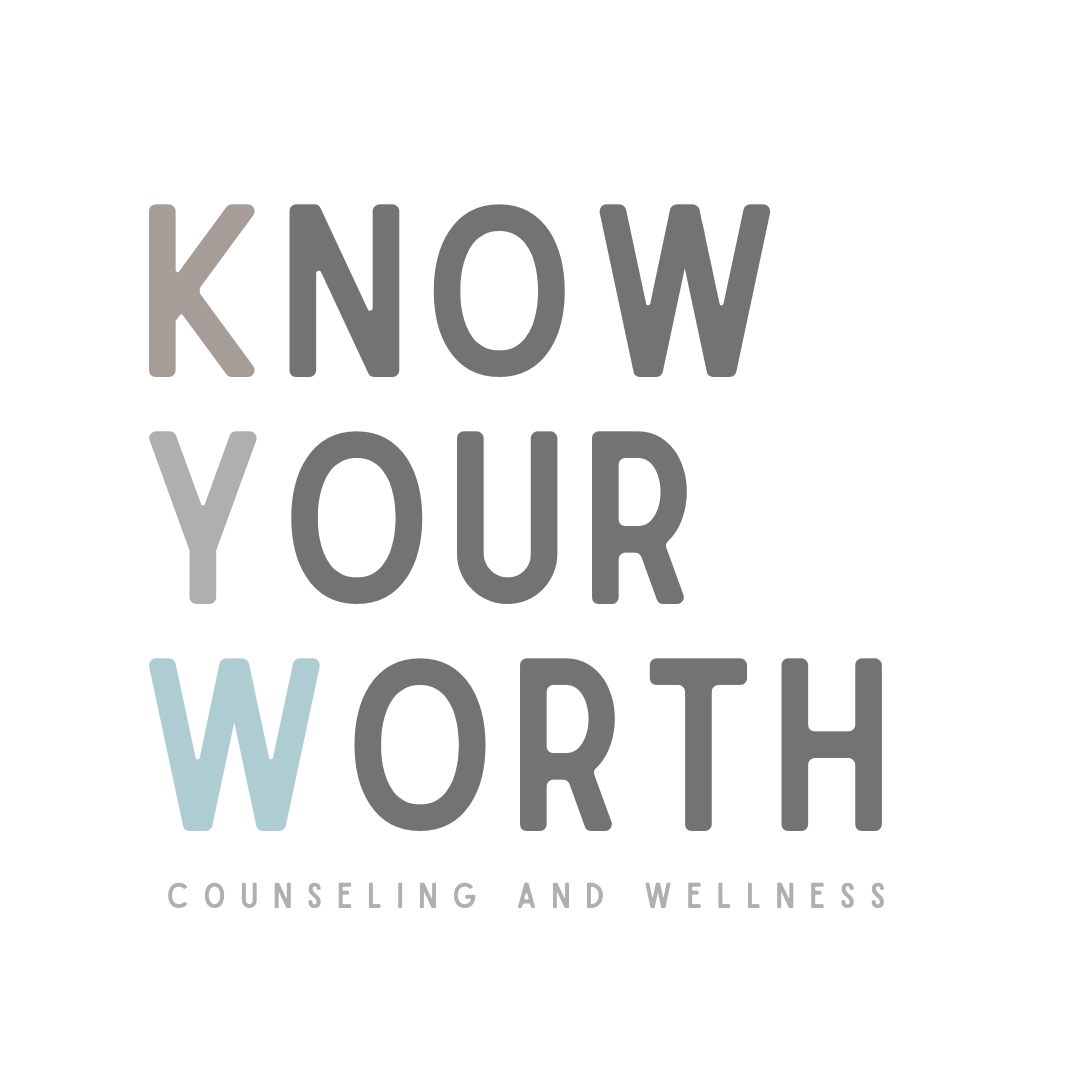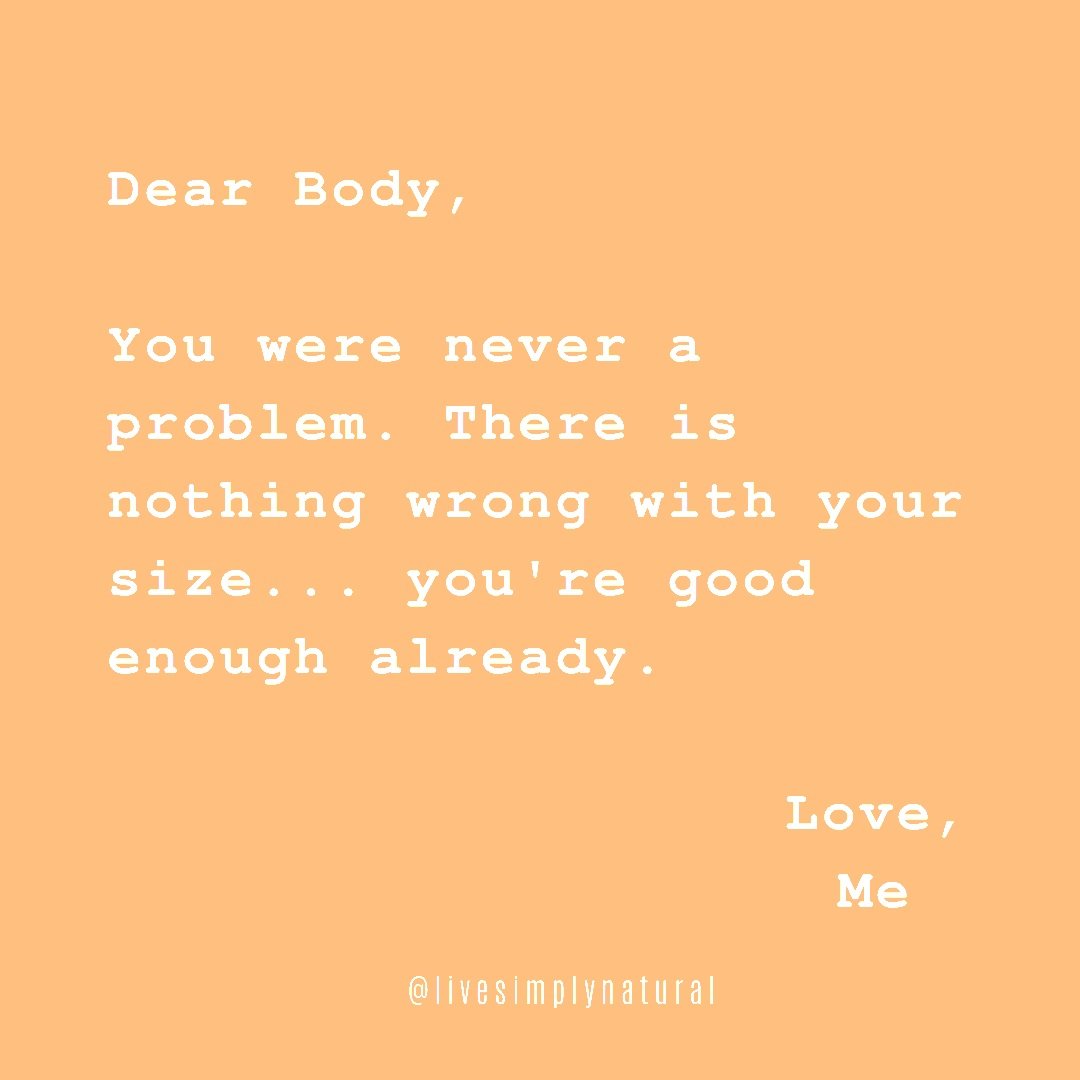Mirror, Mirror!
Body image messages are everywhere, which in turn causes some to question their self-esteem and value. Social media sets up constant chatter and provides an easy upload to capture the “perfect” picture. If a person feels dissatisfied with an image, there is a way to color correct, embellish, modify, or tuck away. Swimming in a sea of social media images, people often pop from a post about a family member, AD, or pictures of friends and peers. Interactions at home, community, school, work, or other environments create both positive and negative self-talk.
For some, the experiences create a whole host of issues like intrusive thoughts, distorted images of self, abusive eating habits, excessive exercise, anxiety, depression, and life-threatening health conditions. Even genetics plays a role! Those struggling with an eating disorder (ED) often suffer in silence though, experiencing the highest mortality rate among mental health disorders. For clients in recovery from ED, emotional, interpersonal, psychological, and social factors play a role in avoiding relapse.
A flash of a Peloton AD or the latest diet/vitamin may stir a problem. Negative thoughts and obsessions about body image emerge, dominating and holding a person hostage. Later, interactions on social media may lead to comparisons with a loved one. ED steps in more and more. Then suddenly the eating disorder is everywhere like at the summer sale at Target, in the room when the nurse calls out weight for others to hear, reading the article about Martha Stewart’s debut on Sports Illustrated, or taking in a family member’s side comment about eating habits. Such interactions allow ED to dominate with starvation, binging, purging, and/or unhealthy obsessions with eating healthy. Seeking away to gain control, the voice of ED says, “just eat to numb everything down” or “don’t eat anything today!” ED may become like a dictator only allowing, “just one salad and water!” or at the drive thru at Wendy’s ED orders “5 burgers, three large fries, and two cokes.”
The above commentary is only a fraction of what goes on for those wrestling with ED. What messages are controlling your life and devaluing you? Although not all negative thoughts about body image and self-esteem issues escalate into an eating disorder, understanding ED helps people act proactively to receive help for themselves or a loved one. In the beginning, ED creeps in with feelings of control and power. Soon thereafter though, ED drowns out personal identity and encourages isolation to weaken the support system.
Also, contrary to mainstream thought, athletes or teen and female college students are not the only targets for ED. Various groups and populations struggle with an eating disorder like teen boys, adult males, people in the military, pregnant women, menopausal women, etc. Recovery looks different for each person overcoming ED, but the most important ingredients involve strengthening the support system, finding people to be transparent with, and seeking out personal strategies/tools to challenge ED. If the above dialogue is familiar, check-in with yourself and the people who care about you. Don’t deny yourself the chance to be heard and validated! Finally, seek out trusted professionals in your community who understand ED like counselors at Know Your Worth Counseling and Wellness, dieticians, primary care physicians, psychologists, and/or psychiatrists to support recovery. There is acceptance, hope, and serenity for your journey!
Body Image Journal Prompts
How often do you contemplate your body image?
From a scale of 1 to 10 (with 1 as the lowest and 10 as the highest), where do you see your self-esteem?
What are some negative, self-talk messages on repeat/stuck in your mind? Now, write out new messages to change your internal dialogue.
What will you do today to strengthen your support system?
Body Image Resources
Breaking Free from Body Shame, Jess Connally (Christian)
Body Blessings, Aubrey Golbek & Kasey Shuler (Christian)
Compared to Who, Heather Creekmore (Christian)
Food, Grace and Everything in Between, Aubrey Golbek (Christian)
Finding Your Voice Through Creativity: The Art and Journaling Workbook for Disordered Eating, Mindy Jacobson & Maureen Foy-Tornay
GIFTED: Genetic Information for Treating Eating Disorders, Michael Lutter
Health at Every Size, Linda Bacon
Life Without Ed: How One Woman Declared Independence from Her Eating Disorder and How You Can Too, Jenni Schaefer & Thom Rutledge





